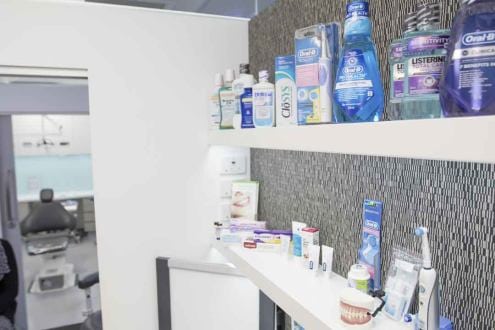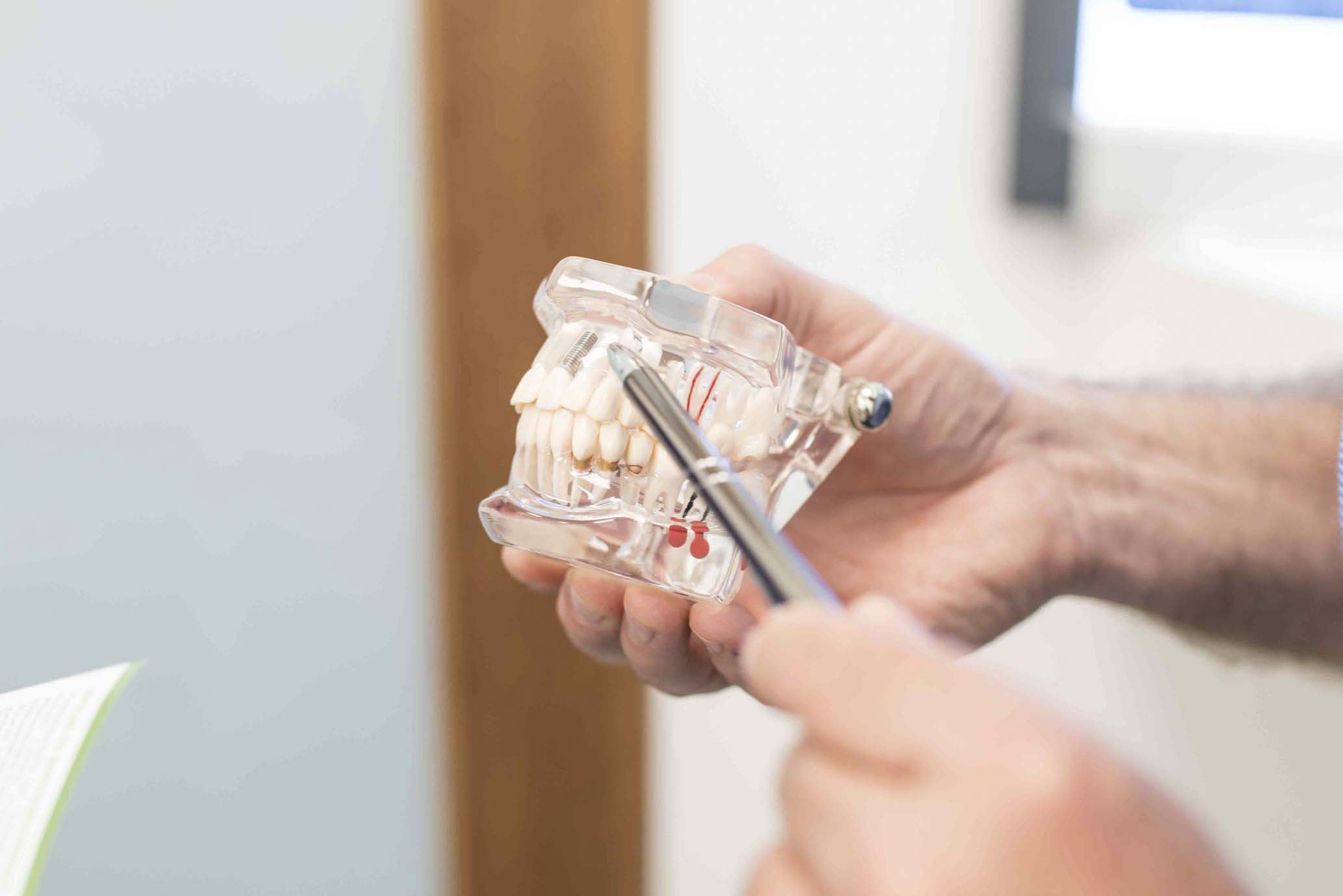Foundation Dental Services offers one of the leading periodontal and oral medicine specialist teams in Brisbane and the Sunshine Coast. They work closely with both patients and the referring general dentist to evaluate and treat gum issues (i.e. Periodontitis or Periodontal Disease) and any oral medicine concerns. Treatment is always undertaken from a contemporary, holistic approach.
Understanding that dental surgery and clinical procedures can create anxiety for some, the FDS team take the time to talk with you about the proposed treatment plan and listen carefully to your concerns or questions before moving on to any treatment steps. At FDS we are focussed on minimally invasive, comfortable care. We always let the patient set the pace to minimise any anxiety or discomfort.





